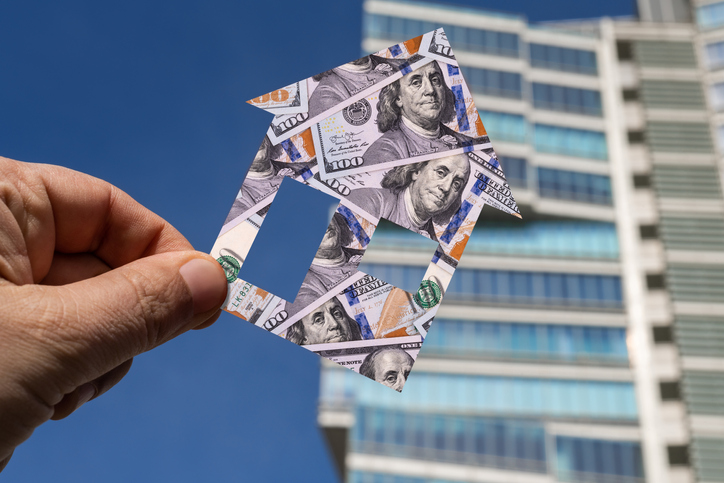The economy is the backbone of any nation, and its growth and stability depend on various factors, including government policies. Governments around the world play a crucial role in the economy through fiscal and monetary policy. These policies help to regulate the economy, stabilize prices, and create favorable conditions for growth and development. In this article, we will explore the roles of fiscal and monetary policy and how they affect the economy.
See Also: The Role of Trade Agreements in Global Business
Fiscal policy refers to the use of government spending and taxation to influence the economy. The government uses fiscal policy to control the amount of money flowing in and out of the economy. When the economy is weak, the government can increase spending and lower taxes to boost economic activity. Conversely, when the economy is strong, the government can reduce spending and raise taxes to prevent inflation.
One of the main tools of fiscal policy is government spending. The government spends money on various projects and programs that stimulate economic activity, such as infrastructure development, education, and healthcare. By increasing government spending, the government can create jobs and stimulate economic growth. However, excessive government spending can also lead to inflation and debt, which can have negative consequences for the economy.
Another tool of fiscal policy is taxation. The government can use taxation to regulate the amount of money that individuals and businesses have to spend. When taxes are high, individuals and businesses have less money to spend, which can slow down economic activity. Conversely, when taxes are low, individuals and businesses have more money to spend, which can stimulate economic growth. However, lower taxes can also lead to budget deficits and debt. This can have negative consequences for the economy in the long run.
Monetary policy refers to the actions taken by a central bank to regulate the money supply and interest rates. The central bank uses monetary policy to control the amount of money flowing into the economy. And als to regulate the cost of borrowing money. When the economy is weak, the central bank can increase the money supply and lower interest rates to encourage borrowing and stimulate economic activity. Conversely, when the economy is strong, the central bank can decrease the money supply and raise interest rates to prevent inflation.
One of the main tools of monetary policy is open market operations. The central bank can buy or sell government securities in the open market to regulate the money supply and interest rates. When the central bank buys government securities, it injects money into the economy and lowers interest rates, which can stimulate economic activity. Conversely, when the central bank sells government securities, it reduces the money supply and raises interest rates, which can slow down economic activity.
Another tool of monetary policy is the reserve requirement. The central bank can regulate the amount of money that commercial banks are required to keep in reserve. When the reserve requirement is high, banks have less money to lend, which can slow down economic activity. Conversely, when the reserve requirement is low, banks have more money to lend, which can stimulate economic growth.
In conclusion, the government plays a crucial role in the economy through fiscal and monetary policy. Fiscal policy uses government spending and taxation to regulate the amount of money flowing in and out of the economy, while monetary policy uses the central bank’s actions to regulate the money supply and interest rates. These policies help to regulate the economy, stabilize prices, and create favorable conditions for growth and development. However, excessive government spending, low taxes, and low-interest rates can lead to inflation, debt, and other negative consequences for the economy. Therefore, it is essential for the government to use these policies wisely and responsibly to promote sustainable economic growth and development.



















